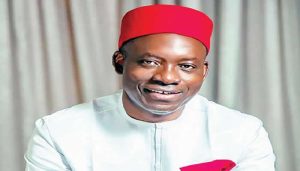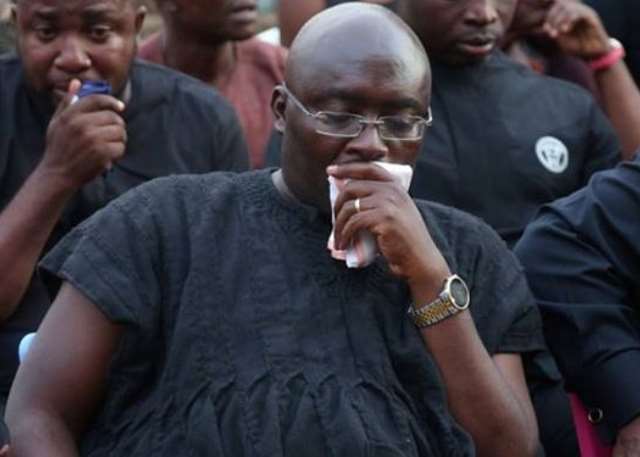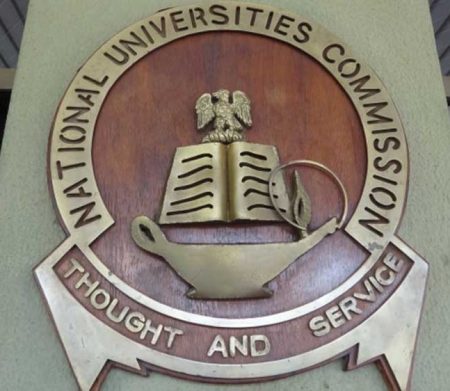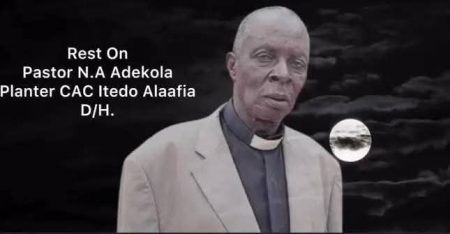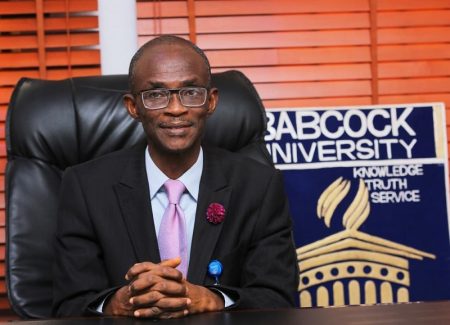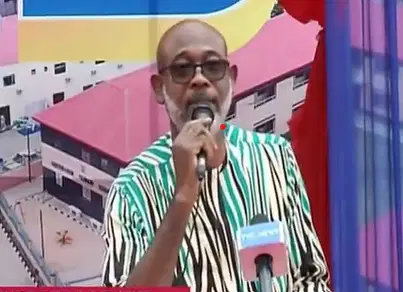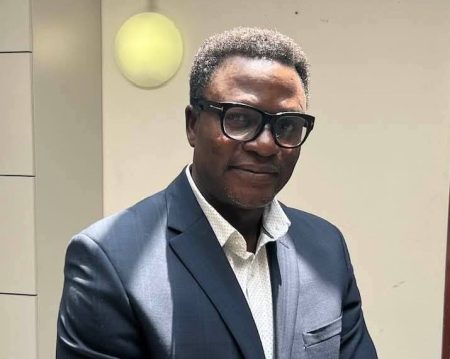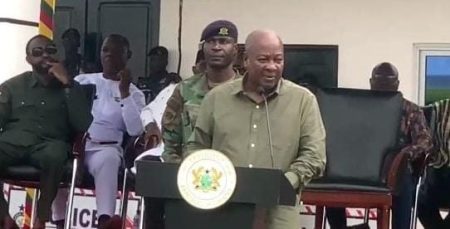The passing of Ghanaian highlife luminary, Charles Kwadwo Fosu, affectionately known as Daddy Lumba, has cast a pall of grief across the nation, prompting an outpouring of tributes and condolences. Former Vice President Dr. Mahamudu Bawumia, joining the chorus of mourners, expressed his profound sorrow and acknowledged the immense void left by the music icon’s departure. He characterized Daddy Lumba’s death as a devastating blow to Ghana, recognizing the artist’s unparalleled contribution to the country’s cultural tapestry and his enduring influence on generations of music lovers. Dr. Bawumia emphasized the singer’s pivotal role in shaping the highlife genre, serving as a beacon of inspiration and mentorship for emerging talents.
Daddy Lumba’s legacy extends far beyond his impressive discography. His music transcended mere entertainment, becoming deeply ingrained in the cultural fabric of Ghana. His songs resonated with audiences on a profound level, offering comfort, inspiration, and a soundtrack to their lives. Dr. Bawumia poignantly highlighted this aspect, stating that Daddy Lumba’s “brilliant compositions and works have not only entertained but also inspired and uplifted many of us.” The artist’s ability to connect with listeners across diverse backgrounds and generations cemented his status as a national treasure. His music became an integral part of Ghanaian celebrations, moments of reflection, and everyday life, etching his name into the annals of the country’s musical history.
The former Vice President’s tribute underscored the profound impact of Daddy Lumba’s loss, extending sympathies to the bereaved family and acknowledging the collective grief felt by the nation. He noted that the music icon’s passing is “indeed a huge blow, not only to the music fraternity but to the entire country.” This sentiment echoed the widespread mourning that followed the news of Daddy Lumba’s death, with fans, fellow artists, and public figures alike expressing their deep sense of loss. The outpouring of grief served as a testament to the artist’s enduring popularity and the profound connection he forged with his audience.
Daddy Lumba’s musical journey, spanning over three decades, cemented his position as a pillar of Ghanaian highlife. His distinctive voice, coupled with his masterful storytelling and captivating melodies, resonated with audiences across the country and beyond. Hits like “Aben Wo Ha,” “Yentie Obia,” and “Theresa” became anthems, woven into the fabric of Ghanaian society. These timeless classics, among countless others, showcased his versatility and artistic prowess, solidifying his status as a true icon of the highlife genre. He not only entertained but also documented the social and cultural landscape of his time, leaving behind a rich musical legacy that continues to inspire and uplift.
The passing of Daddy Lumba marks the end of an era in Ghanaian music. His influence on subsequent generations of artists is undeniable, and his music will undoubtedly continue to be cherished for years to come. His unique ability to blend traditional highlife rhythms with contemporary sounds ensured his enduring appeal, captivating audiences young and old. His songs often addressed themes of love, life, and social commentary, resonating deeply with listeners who found solace and connection in his music. He became a voice for the people, expressing their joys, sorrows, and aspirations through his powerful lyrics and captivating melodies.
The national mourning that followed Daddy Lumba’s death is a testament to the profound impact he had on Ghanaian society. He was more than just a musician; he was a cultural icon, a storyteller, and a voice for the voiceless. His music transcended generations, uniting people through a shared love of his timeless melodies and poignant lyrics. His legacy will continue to inspire and influence aspiring musicians, ensuring that the vibrant spirit of Ghanaian highlife lives on. His music will forever serve as a reminder of his immense talent, his enduring legacy, and his profound contribution to the cultural landscape of Ghana.




